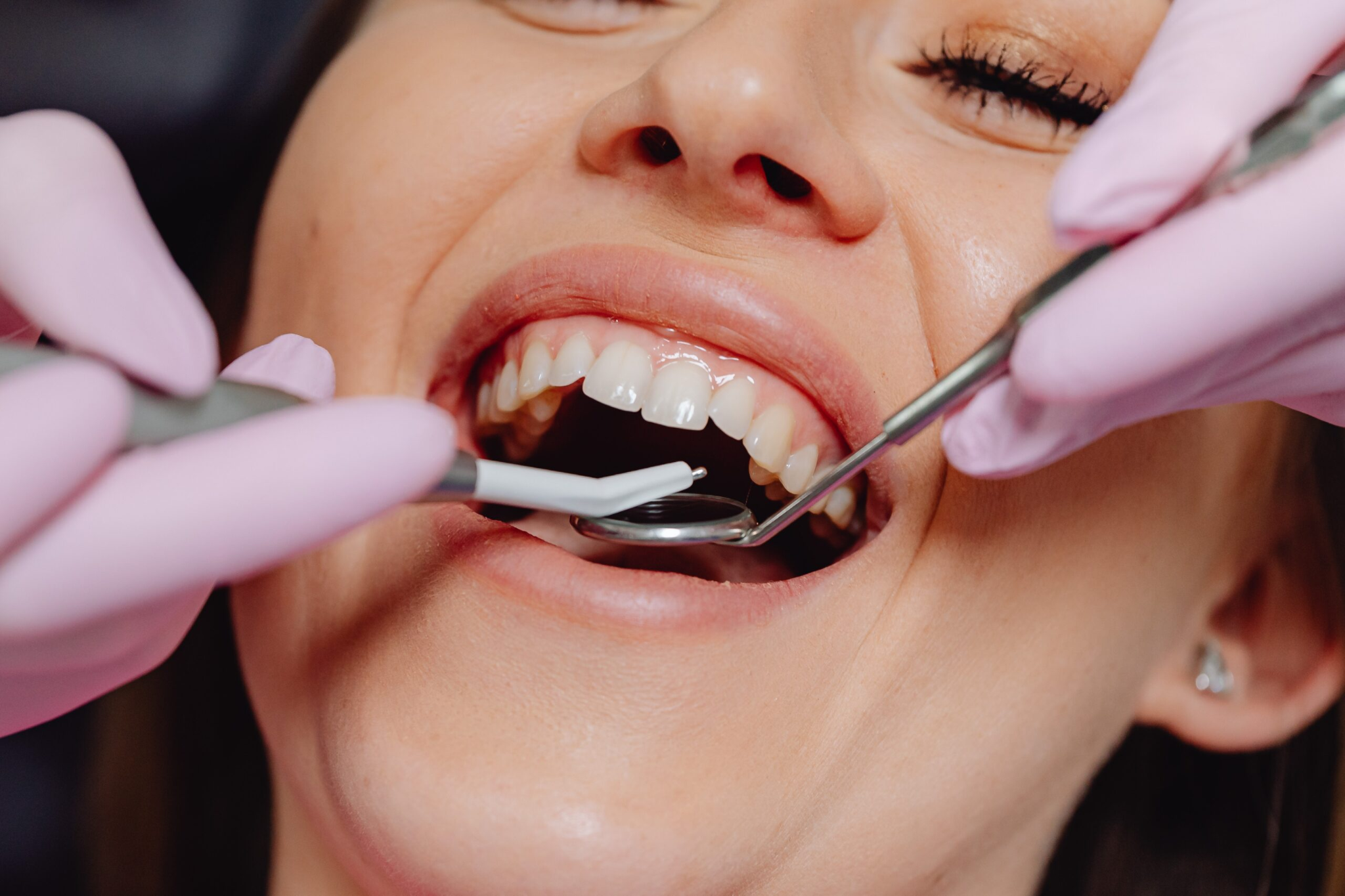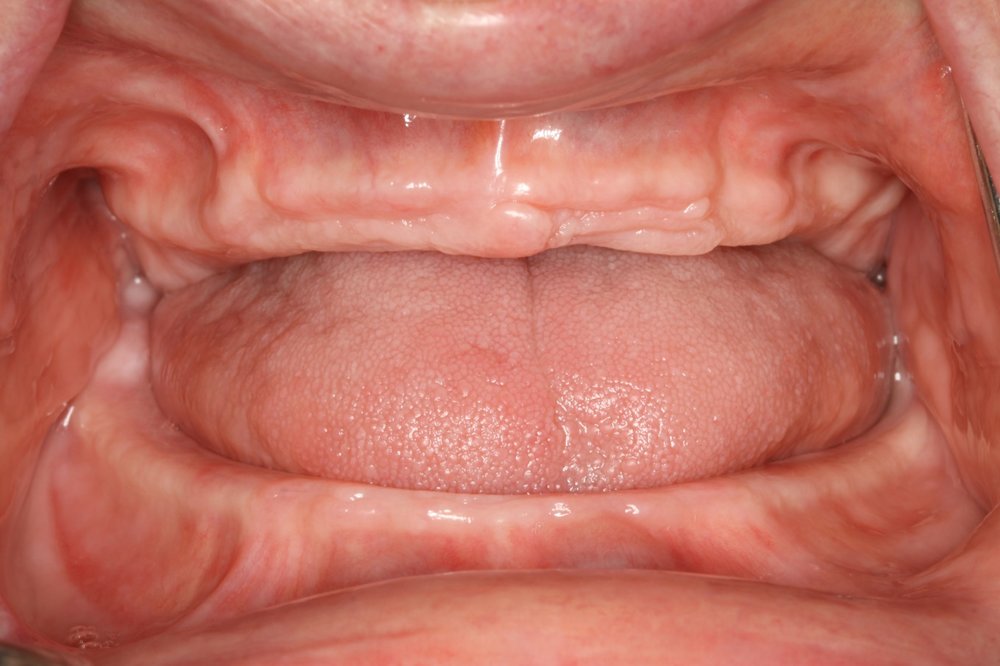In This Article
Introduction
This is David and I am a dental implant educator at Chicago Implant Studio. In this article I will go over one of the common topics that get answered by our board certified implant specialist for the patients get dental implants if i have an Autoimmune disease
Dental implants have revolutionized the field of dentistry, offering a long-lasting solution for individuals with missing teeth. However, if you have an autoimmune disease, you might wonder if you are a suitable candidate for dental implants. In this article, we will explore the topic and provide insights into the possibilities and considerations surrounding dental implants for individuals with autoimmune diseases.
Understanding Dental Implants
Dental implants are artificial tooth roots made of biocompatible materials, such as titanium, that are surgically placed into the jawbone. They provide a stable foundation for replacement teeth, ensuring improved aesthetics, functionality, and overall oral health. While dental implants have a high success rate, their suitability for individuals with autoimmune diseases requires careful evaluation.
Autoimmune Diseases and Dental Implants
Autoimmune diseases occur when the immune system mistakenly attacks the body’s own tissues. Conditions like rheumatoid arthritis, lupus, and Sjögren’s syndrome fall under this category. As dental implants involve a surgical procedure, it is crucial to consider the impact of autoimmune diseases on the healing process and implant success.
Consultation with Healthcare Professionals
If you have an autoimmune disease and are considering dental implants, it is essential to consult with both your dentist and your primary healthcare provider. They will evaluate your overall health condition, disease activity, and medication regimen to determine if dental implant placement is a viable option for you.
Considerations and Precautions
- Disease Activity: The severity and activity of your autoimmune disease play a significant role. If your condition is well-managed, and the disease activity is low, dental implant placement may be considered. However, active or poorly controlled autoimmune diseases may increase the risk of complications and affect the healing process.
- Medications: The medications prescribed for autoimmune diseases, such as immunosuppressants, can impact the healing and immune response. Your healthcare providers will assess the medications you are taking and their potential effects on the dental implant procedure.
- Collaboration between Specialists: Collaboration between your dentist and healthcare providers is vital. They will work together to determine the best approach, considering both your oral health needs and the management of your autoimmune disease.
- Oral Health Maintenance: Individuals with autoimmune diseases should maintain excellent oral hygiene to minimize the risk of oral infections. Regular dental visits, proper brushing and flossing techniques, and a healthy lifestyle contribute to successful dental implant outcomes.
Conclusion
While the decision to undergo dental implant placement with an autoimmune disease requires careful evaluation and collaboration between healthcare professionals, it is possible for individuals with well-managed conditions to receive dental implants. By working closely with your dentist and primary healthcare provider, you can determine the best course of action that prioritizes your oral health while considering the specific needs and risks associated with your autoimmune disease.
Remember, each case is unique, and a personalized approach is essential. Consultation with qualified professionals will provide you with the necessary guidance and insights to make an informed decision about dental implants and your autoimmune disease.
Meet the Best Dental Implant Surgeon at Chicago Implant Studio
Chicago Implant Studio is a reputable dental implant clinic in Aurora, Illinois. Find out how dental implants can improve your life and overall health. We offer an international warranty on dental implants for a lifetime. Schedule a free consultation online today or call us at (331) 257-7999.






